
Ashwagandha

Turmeric

Vanilla Bean

Lemon Balm

Bergamot
Vitamin D3+K2
- Supports Bone Health by Promoting Carboxylation of Bone Proteins
- Supports Cardiovascular Health by Affecting Arterial Calcium Deposits
- Supports Healthy Blood Clotting
Swallow one capsule daily with water, preferably at mealtime, or as directed by your healthcare professional.
Consult your healthcare practitioner prior to use. Individuals taking medication should discuss potential interactions with their healthcare practitioner. Do not use if tamper seal is damaged.
Active ingredients:
- Vitamin D3 (cholecalciferol)
- Vitamin K2 (as menaquinone-7)
Other ingredients: Microcrystalline cellulose, capsule (hypromellose and water), stearic acid, magnesium
stearate, and silica.
Consult your healthcare professional prior to use. Individuals taking medication should discuss potential interactions with their healthcare professional. Do not use if tamper seal is damaged.
Before use, consult with your healthcare provider if you are nursing or pregnant, have any known allergies or medical conditions, or are taking any medication.
Keep closed in a cool, dry place out of reach of children.
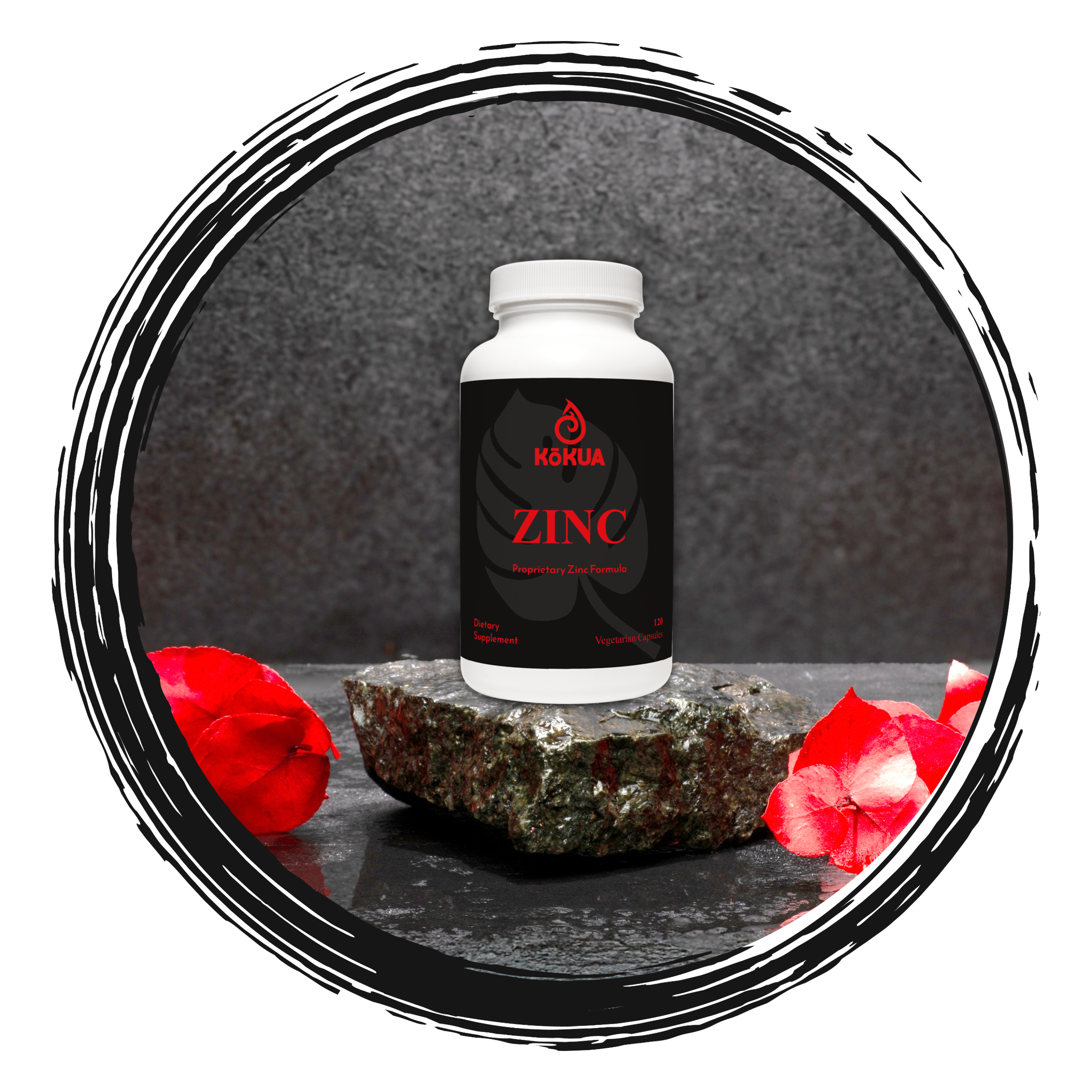
Deep-Dive into Ease
Cannabinoids
Cannabinoids are molecules found in the hemp flower offering functional support by interacting with the cannabinoid receptors of our body’s endocannabinoid system. CBD and CBG are known to promote relaxation, ease tension, and combat inflammation.
Ashwagandha
A powerful adaptogen known to assist the body’s ability to manage stress, ashwagandha is considered a grounding and nourishing herb, supportive to overall well-being.
Botanicals
The essence of functional botanicals infused with organic MCT oil to support rest and restoration. Ease features essential oils of turmeric, lemon balm, lemongrass, sweet orange, and bergamot.
Ingredients
Click on an Ingredient to learn more.
GABA
Gamma-aminobutyric acid (GABA) is a key inhibitory neurotransmitter in the brain that promotes relaxation, reduces stress, and improves sleep by calming neural activity. It helps alleviate anxiety, lowers stress hormones, and may enhance mood by balancing neurotransmitter levels. GABA also supports cognitive function, reduces muscle tension, and may aid in managing conditions like epilepsy and high blood pressure. Some studies suggest it could improve immunity and gut health. While the body produces GABA naturally, supplements or GABA-rich foods (like fermented products) may provide additional benefits.
Inositol
Inositol, a naturally occurring carbohydrate-like compound, offers multiple health benefits, particularly for mental and metabolic health. Often referred to as vitamin B8, it plays a key role in cell signaling and insulin sensitivity, making it beneficial for managing PCOS, reducing insulin resistance, and improving fertility. Inositol also supports mental well-being by alleviating symptoms of anxiety, depression, and panic disorders, as it influences serotonin and dopamine activity. Additionally, it may aid in reducing binge eating and promoting healthy sleep patterns. Found in foods like fruits, beans, and grains, inositol is also available as a supplement (commonly myo-inositol or D-chiro-inositol) for targeted therapeutic effects. Its calming and metabolic benefits make it a versatile nutrient for overall wellness.
L-theanine
L-Theanine, an amino acid primarily found in tea leaves, offers multiple benefits for mental and physical well-being. It promotes relaxation without drowsiness by increasing alpha brain waves, which enhance calm focus and reduce stress. L-Theanine also helps lower anxiety, improves sleep quality, and supports cognitive function by boosting attention, memory, and reaction time. Additionally, it may enhance the effects of caffeine when combined, providing a balanced energy boost without jitters. Some research suggests it could strengthen immunity, lower blood pressure, and provide neuroprotective benefits. Naturally present in green and black tea, L-Theanine is also available as a supplement for those seeking its calming and cognitive-enhancing effects.
Taurine
Taurine is a sulfur-containing amino acid that plays a vital role in various bodily functions. It supports cardiovascular health by regulating blood pressure, improving heart function, and reducing the risk of heart disease. Taurine also enhances exercise performance by reducing muscle fatigue, increasing endurance, and aiding in recovery. It supports brain health by acting as a neuroprotective agent, improving cognitive function, and potentially reducing anxiety and depression. Additionally, taurine helps regulate blood sugar levels, promotes healthy vision, and supports liver and kidney function. Found naturally in meat, fish, and dairy, taurine is also a common ingredient in energy drinks and supplements, making it beneficial for overall health and wellness.
Magnesium
Magnesium is an essential mineral involved in over 300 biochemical reactions in the body, making it crucial for overall health. It supports muscle and nerve function, helping to reduce cramps, spasms, and restless leg syndrome. Magnesium also promotes relaxation by regulating neurotransmitters, improving sleep quality, and reducing stress and anxiety. It plays a key role in heart health by maintaining normal blood pressure and supporting cardiovascular function. Additionally, magnesium aids in energy production, bone strength, and blood sugar regulation. Some studies suggest it may help with migraines, depression, and PMS symptoms. Found in foods like leafy greens, nuts, and whole grains, magnesium is also available as a supplement to address deficiencies and enhance well-being.
Deep-Dive into Vitamin D
Naturally occurring vitamin K is found as either K1 (phylloquinone), which is derived from food sources such green leafy vegetables, or K2 (menaquinones). Menaquinones are designated as MK-n, where n denotes the length of the
molecule’s aliphatic side chain. Menaquinones are synthesized by bacteria and can be obtained from animal-based and fermented foods. Structural differences between K1 and K2 impact their bioavailability and bioactivity. Furthermore, among menaquinones, menaquinone-7 (MK-7), with its longer side chain, is very hydrophobic. Compared to K1, MK-7’s physiochemical properties make it highly transportable by plasma lipoproteins, increase its extrahepatic (bones, arteries, etc.) availability, and produce its long half-life.[1-3]
Absorption of K1 from food can be limited due to its membrane-bound nature and the individual consumer’s digestive and absorptive variability. Moreover, adequate consumption of foods high in K2 can be challenging. Therefore, dietary supplementation is an important option. In addition, research suggests that higher levels of menaquinones are needed than were previously thought. Supplementary vitamin K can be found in three forms: synthetic K1; MK-4, which is structurally similar to K1; and natural, long-chain MK-7. Kokua provides MK-7 as Vitamk7™, a naturally derived and solvent-free vitamin K2 that has been obtained through a patent-granted biofermentation process of Bacillus subtilis natto cultures.
MK-7 Bioavailability Increases Extrahepatic Tissue Utilization
Schurgers et al conducted human studies to compare the in vivo properties of orally administered K1 and MK-7. The results supported better bioavailability and utilization of MK-7. Expressed as AUC96, MK-7 demonstrated a six-fold better half-life, a seven- to eight-fold higher dose-response level, and a three times
higher carboxylated to uncarboxylated osteocalcin ratio (cOC:ucOC†). Furthermore, on a molar basis, MK-7 is a three-to-four times more potent antidote for oral anticoagulation than is K1. Researchers note that, aside from sensitive individuals, “MK-7 supplements containing more than 50 mcg/d may interfere with oral
anticoagulant treatment, whereas doses of at least 50 mcg are not likely to affect the INR value in a relevant way.”[2] Nonetheless, practitioners should closely monitor patients taking anticoagulants.
While studies on the absorption and bioavailability of MK-4 at nutritional levels (i.e., doses of 500 mcg/d or lower) suggest less efficacy compared to longer-chain menaquinones at similar doses,[4] this remains subject to debate. It is possible that rapid uptake of MK-4 could account for its observed lack of detection in serum
after oral administration,[5] but more studies are needed for clarification.
Bone Benefits
Among the dietary factors critical to bone health, vitamin K has emerged as a key player. Vitamin K is believed to be necessary for bone mineralization. Through carboxylation, vitamin K activates osteocalcin, the protein needed to bind calcium to the mineral matrix in bone.[6] Several studies have demonstrated the efficacy
of MK-7 (e.g., doses of 45-90 mcg/d) to increase osteocalcin carboxylation and to increase the cOC:ucOC ratio. A high cOC:ucOC ratio is associated with bone health.[1,2,4] A recent in vitro study also showed an osteogenic effect of MK-7 administration on human mesenchymal cell differentiation.[6] In addition, the
vitamin may protect bone integrity by reducing the synthesis of prostaglandin E2 or interleukin-6 by osteoclasts.[7] Animal and human studies have demonstrated a significant beneficial effect of MK-7 supplementation on bone health.[8-10] Vitamin K and vitamin D share some similar characteristics and are believed to act synergistically.*[11]
Cardiovascular and Other Health Benefits
Vitamin K benefits cardiovascular health by participating in the carboxylation of matrix GLA protein (MGP), a protein regarded to be the most potent inhibitor of arterial calcification. Researchers have demonstrated that supplementation with vitamin K reduces arterial calcium deposits[1,3,12] and that long-term intake of long-chain menaquinones is inversely correlated with calcium accumulation in arteries.*[5]
Vitamin K has specific receptor binding sites that allow it to regulate gene activity.[13] Besides its gene-mediating effects upon critical proteins, the vitamin can also bind with the steroid and xenobiotic receptors and influence their expression.[14] In addition, vitamin K also demonstrates antioxidant activity[15]; reduces levels of certain markers, such as acute phase reactants (e.g., C-reactive protein)[16]; and participates in the induction of apoptosis.*[17]
Vitamin D (as D3)
Although vitamin D3 (cholecalciferol) is made in the skin when 7-dehydrocholesterol reacts with sunlight, many things affect the degree to which this biosynthesis occurs, including time of day, seasons, location, smog/
pollution, clothing, shade of skin (darker skin requires more sun), and sunscreen use. Low-cholesterol diets and certain cholesterol therapies can also affect vitamin D formation. By some estimates, one billion people worldwide have vitamin D deficiency or insufficiency.[18] The body needs vitamin D to absorb calcium, and the
importance of vitamin D in skeletal health and bone density is well-established. Without adequate absorption, the body must take calcium from its stores in the skeleton, which weakens existing bone and prevents the formation of strong, new bone. Researchers suggest that vitamin D supplementation may decrease bone turnover and increase bone mineral density.[19] A pooled analysis evaluating 11 randomized, double-blind, placebo-controlled trials supported this analysis. It concluded that vitamin D supplementation (> 800 IU daily) was favorable in maintaining hip and nonvertebral bone integrity in individuals aged 65 and older.*[20]
Although D2 and D3 are similar biochemically, one study demonstrated D3 to be approximately 87% more potent in raising and maintaining serum calcidiol (the body’s storage form) concentrations and in producing two- to threefold greater storage of vitamin D than did equimolar D2.*[21]
†The cOC:ucOC ratio can be used as a determinant of vitamin K status.
References
1. Brugè F, Bacchetti T, Principi F, et al. Olive oil supplemented with menaquinone-7 significantly affects osteocalcin carboxylation. Br J Nutr. 2011 Oct;106(7):1058-62. [PMID: 21736837]
2. Schurgers LJ, Teunissen KJ, Hamulyák K, et al. Vitamin K-containing dietary supplements: comparison of synthetic vitamin K1 and natto-derived menaquinone-7. Blood. 2007 Apr 15;109(8):3279-83. [PMID: 17158229]
3. Beulens JW, Bots ML, Atsma F, et al. High dietary menaquinone intake is associated with reduced coronary calcification. Atherosclerosis. 2009 Apr;203(2):489-93. [PMID: 18722618]
4. Sato T, Schurgers LJ, Uenishi K. Comparison of menaquinone-4 and menaquinone-7 bioavailability in healthy women. Nutr J. 2012 Nov 12;11:93. [PMID: 23140417]
5. Schurgers LJ, Vermeer C. Differential lipoprotein transport pathways of K-vitamins in healthy subjects. Biochim Biophys Acta. 2002 Feb 15;1570(1):27- 32. [PMID: 11960685]
6. Gigante A, Brugè F, Cecconi S, et al. Vitamin MK-7 enhances vitamin D3- induced osteogenesis in hMSCs: modulation of key effectors in mineralization and vascularization. J Tissue Eng Regen Med. 2012 Oct 29. [PMID: 23109511]
7. Weber P. Management of osteoporosis: is there a role for vitamin K? Int J Vitam Nutr Res. 1997;67(5):350-56. [PMID: 9350477]
8. Yamaguchi M, Taguchi H, Gao YH, et al. Effect of vitamin K2 (menaquinone-7) in fermented soybean (natto) on bone loss in ovariectomized rats. J Bone Miner Metab. 1999;17(1):23-29. [PMID: 10084398]
9. Knapen MH, Drummen NE, Smit E, et al. Three-year low-dose menaquinone-7 supplementation helps decrease bone loss in healthy postmenopausal women. Osteoporos Int. 2013 Sep;24(9):2499-507. [PMID: 23525894]
10. Kanellakis S, Moschonis G, Tenta R, et al. Changes in parameters of bone metabolism in postmenopausal women following a 12-month intervention period using dairy products enriched with calcium, vitamin D, and phylloquinone (vitamin K(1)) or menaquinone-7 (vitamin K (2)): the Postmenopausal Health Study II. Calcif Tissue Int. 2012 Apr;90(4):251-62. [PMID: 2239252]
11. Bolton-Smith C, McMurdo ME, Paterson CR, et al. Two-year randomized controlled trial of vitamin K1 (phylloquinone) and vitamin D3 plus calcium on the bone health of older women. J Bone Miner Res. 2007 Apr;22(4):509-19. [PMID: 17243866]
12. Geleijnse JM, Vermeer C, Grobbee DE, et al. Dietary intake of menaquinone is associated with a reduced risk of coronary heart disease: the Rotterdam Study. J Nutr. 2004 Nov;134(11):3100-05. [PMID: 15514282]
13. Igarashi M, Yogiashi Y, Mihara M, et al. Vitamin K induces osteoblast differentiation through pregnane X receptor-mediated transcriptional control of the Msx2 gene. Mol Cell Biol. 2007 Nov;27(22):7947-54. [PMID: 17875939]
14. Azuma K, Inoue S. Vitamin K function mediated by activation of steroid and xenobiotic receptor [in Japanese]. Clin Calcium. 2009 Dec;19(12):1770-8. [PMID: 19949268]
15. Vervoort LM, Ronden JE, Thijssen HH. The potent antioxidant activity of the vitamin K cycle in microsomal lipid peroxidation. Biochem Pharmacol. 1997 Oct 15;54(8):871-76. [PMID: 9354587]
16. Shea MK, Booth SL, Massaro JM, et al. Vitamin K and vitamin D status: associations with inflammatory markers in the Framingham Offspring Study. Am J Epidemiol. 2008 Feb 1;167(3):313-20. [PMID: 18006902]
17. Sada E, Abe Y, Ohba R, et al. Vitamin K2 modulates differentiation and apoptosis of both myeloid and erythroid lineages. Eur J Haematol. 2010 Dec;85(6):538- 48. [PMID: 20887388]
18. Tsiaras WG, Weinstock MA. Factors influencing vitamin d status. Acta Derm Venereol. 2011 Mar;91(2):115-24. [PMID: 21384086]
19. Lips P, van Schoor NM. The effect of vitamin D on bone and osteoporosis. Best Pract Res Clin Endocrinol Metab. 2011 Aug;25(4):585-91. [PMID: 21872800]
20. Bischoff-Ferrari HA, Willett WC, Orav EJ, et al. A pooled analysis of vitamin D dose requirements for fracture prevention. N Engl J Med. 2012 Jul 5;367(1):40- 49. [PMID: 22762317]
21. Heaney RP, Recker RR, Grote J, et al. Vitamin D3 is more potent than vitamin D2 in humans. J Clin Endocrinol Metab. 2011 Mar;96(3):E447-52. [PMID: 21177785]

How To Use
1. Shake well before use.
2. Administer sublingually by dispensing Ease Drops under the tongue.
3. Hold for at least 60 seconds.
4. Swallow and enjoy daily support for focus, clarity, mood support, sleep, relaxation and recovery.
Consistency is key to support overall health, and the benefits of Ease Drops compound with cumulative use. Some may experience immediate effects, while others can take up to 30 days of consistent use. Individual results may vary. Ingest up to two times per day.
With growing evidence of cannabinoids’ neuroprotective properties, Ease is an essential addition to a proactive health approach.

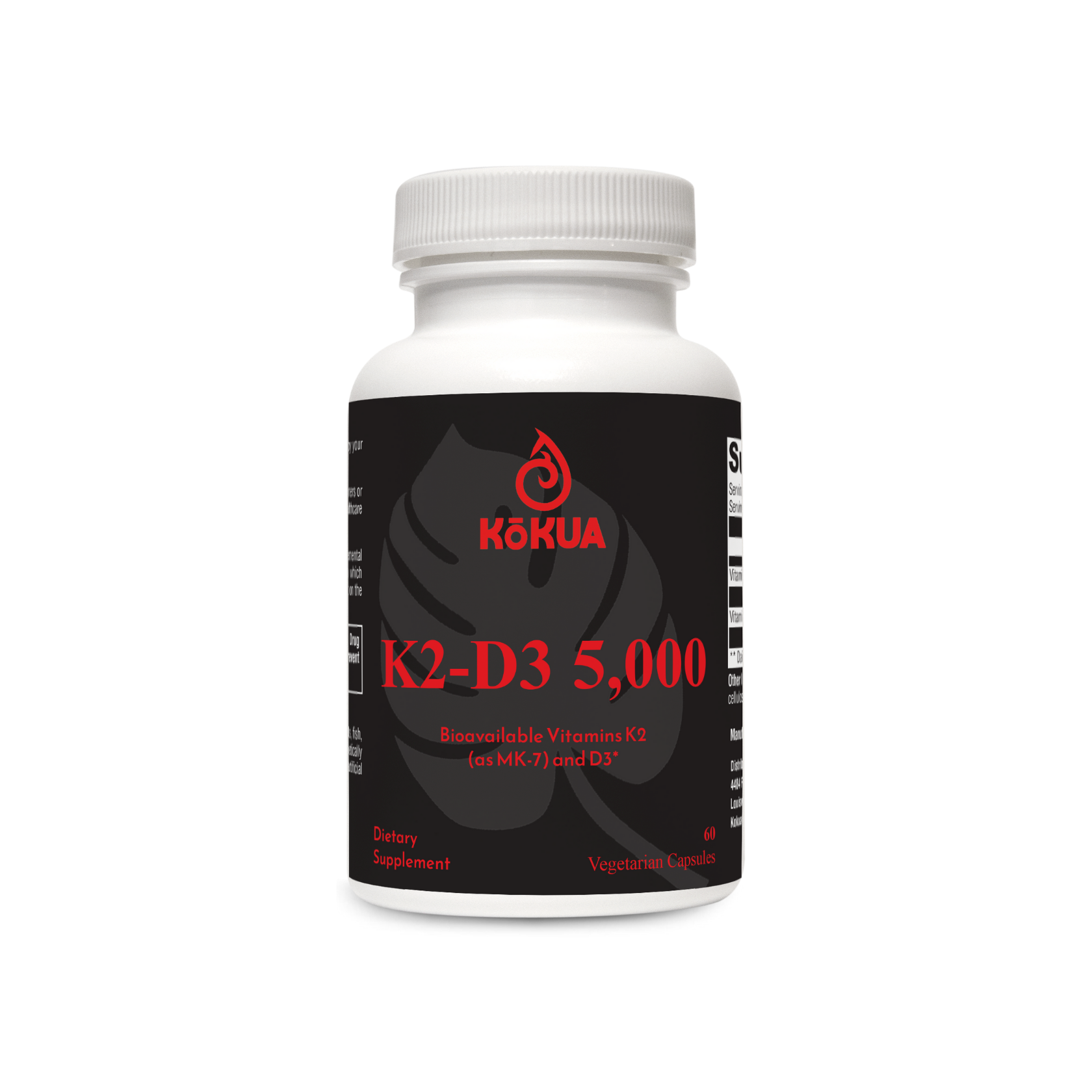
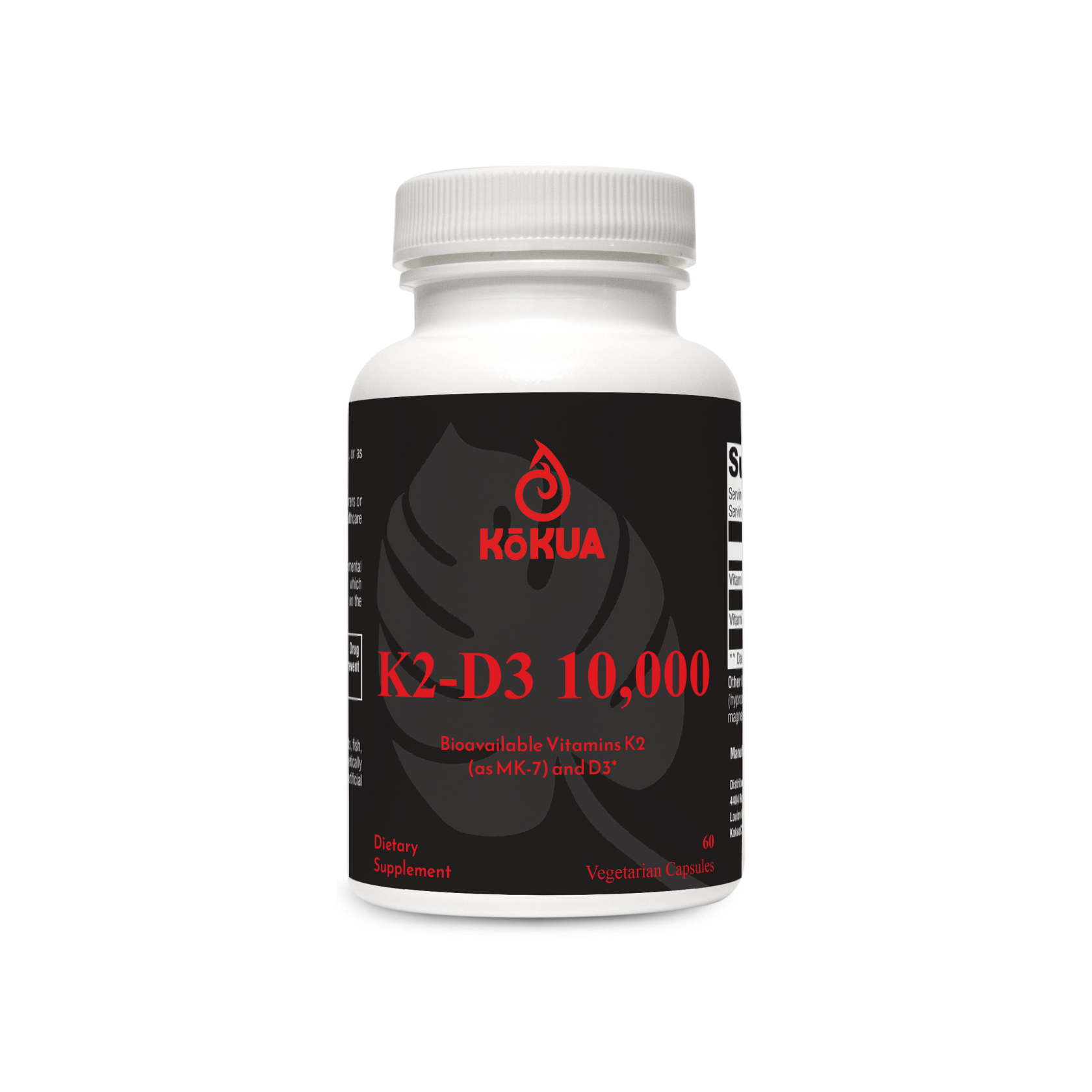
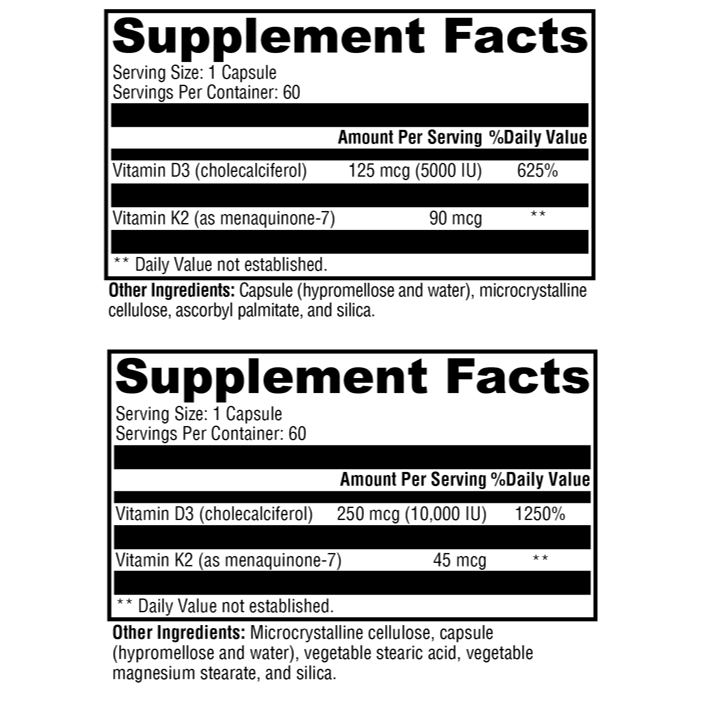
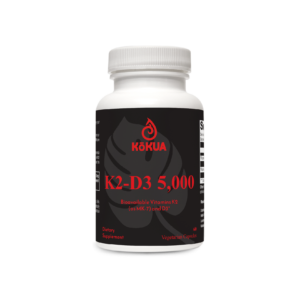
Reviews
There are no reviews yet